Mathematics is an abstract science that analyses numbers and shapes with the rules of logic. It consists of three basic areas: Analysis, Algebra (and Linear Algebra) and Set Theory. All other areas of mathematics (Topology, Geometry, Differential Equations, Numerical Analysis, Category Theory, etc.) are applications of these three basic areas.
Questions raised in mathematics can lead to the development of very advanced techniques and the use of these new techniques in natural sciences and engineering. For example, one of the 5 axioms of Euclidean Geometry is "Given a line, only one line parallel to that line passes through a point outside that line". For many years, it was investigated whether this statement was derived from the other 4 axioms. After many years, it was realised that this statement is a true axiom and cannot be derived from the other axioms. In this process, the following two statements were found to form new geometries (Spherical Geometry and Hyperbolic Geometry).
(1) Given a line, no line parallel to that line passes through a point outside that line.
(2) Given a line, an infinite number of lines parallel to that line pass through a point outside that line.
Today, these three geometries (Euclidean, spherical and hyperbolic geometries) analyse Riemannian manifolds given by metrics with different properties. The applications of these geometries to natural sciences and engineering are just being explored.
As mentioned above, an abstract and philosophical question (and even one that has nothing to do with technology) forms the cornerstone of today's technology. This is one of the reasons why mathematics plays an important role in other sciences and engineering.
